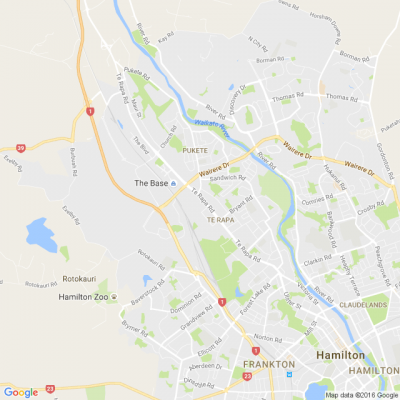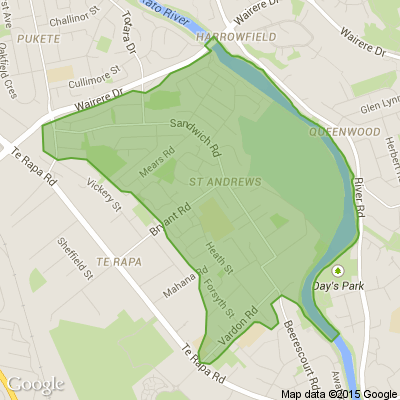Epilepsy and children
Epilepsy affects 1 in 100 people, and most have their first seizure in childhood. The largest group of people with epilepsy is children under the age of five.
There are many types of seizures with varying degrees of severity. Some types of childhood seizures are benign (the child grows out of them and his/her development and intellect are usually normal). Some types are more serious and are associated with other problems. If your child has a syndrome you can receive more information from this website. www.epilepsy.org.uk...
Children with epilepsy have a wide range of learning abilities. Epilepsy does not necessarily
hinder learning and skill development, but many children do experience learning issues which may include ongoing motor skills or cognitive functions, as well as a difficulty acquiring new skills or knowledge.
Anti-epilepsy drugs (AEDs) are commonly used for the treatment of epilepsy and most children’s seizures are controlled with their use. All medication needs to be taken regularly every day, and compliance in taking them is essential in maintaining seizure control. Status epilepticus (or non-stop seizures) is a serious medical emergency. Phone 111 for help.
All AEDs can cause unwanted side effects and an epilepsy specialist will work to alleviate them where possible. Report all side effects to your specialist. It is important that your child remains on his/her medication at all times unless directed otherwise by your epilepsy specialist.
Establish with the epilepsy specialist a comprehensive care plan for your child.
For those children with refractory epilepsy, the ketogenic diet (which is high fat, adequate protein, low carbohydrate) has been used to treat seizures, and is often seen as a last resort. The body burns fat, not sugar, for energy (ketosis). The ketogenic diet is rigid, and strictly calculated, and requires commitment by both the parent and child. Children on this diet cannot deviate from it. Specialist advice and support are essential.
Some children with uncontrolled seizures may be candidates for surgery, or the use of a vegal nerve stimulator. Your epilepsy professional can advise about these options to help establish seizure control for your child.
Safety in the home and at school is important for all children with epilepsy. A risk management plan should be formulated with your child’s classroom teacher and school
Ask for information, help and support from your EWCT epilepsy adviser
Help your child to enjoy his/her life.

Poll: Is it rude to talk on the phone on a bus?
Buses can be a relaxing way to get home if you have a seat and enough space. However, it can be off-putting when someone is taking a phone call next to you.
Do you think it's inconsiderate for people to have lengthy phone calls on a bus? Vote in the poll, and add your comments below.

-
64.1% Yes
-
33.5% No
-
2.4% Other - I'll share below
Unlock the Answer: Today’s Riddle is Trickier Than You Think!
What English word retains the same pronunciation, even after you take away four of its five letters?
Do you think you know the answer to our daily riddle? Don't spoil it for your neighbours! Simply 'Like' this post and we'll post the answer in the comments below at 2pm.
Want to stop seeing riddles in your newsfeed?
Head here and hover on the Following button on the top right of the page (and it will show Unfollow) and then click it. If it is giving you the option to Follow, then you've successfully unfollowed the Riddles page.

Become an SPCA Foster Hero!
Kitten season has arrived, and over the next six months, over 8,000 cats and kittens will come into SPCA’s care. Please help us give these babies the best start in life and sign up to be a foster parent today! It's not just cats and kittens - we are also urgently seeking foster homes for dogs and small animals.
Fostering saves lives and helps these tiny babies grow into healthy, well-adjusted adults, ready for adoption. We cover all training and costs. All you need is time and love to spare!
Sign up today and save a life!










 Loading…
Loading…




